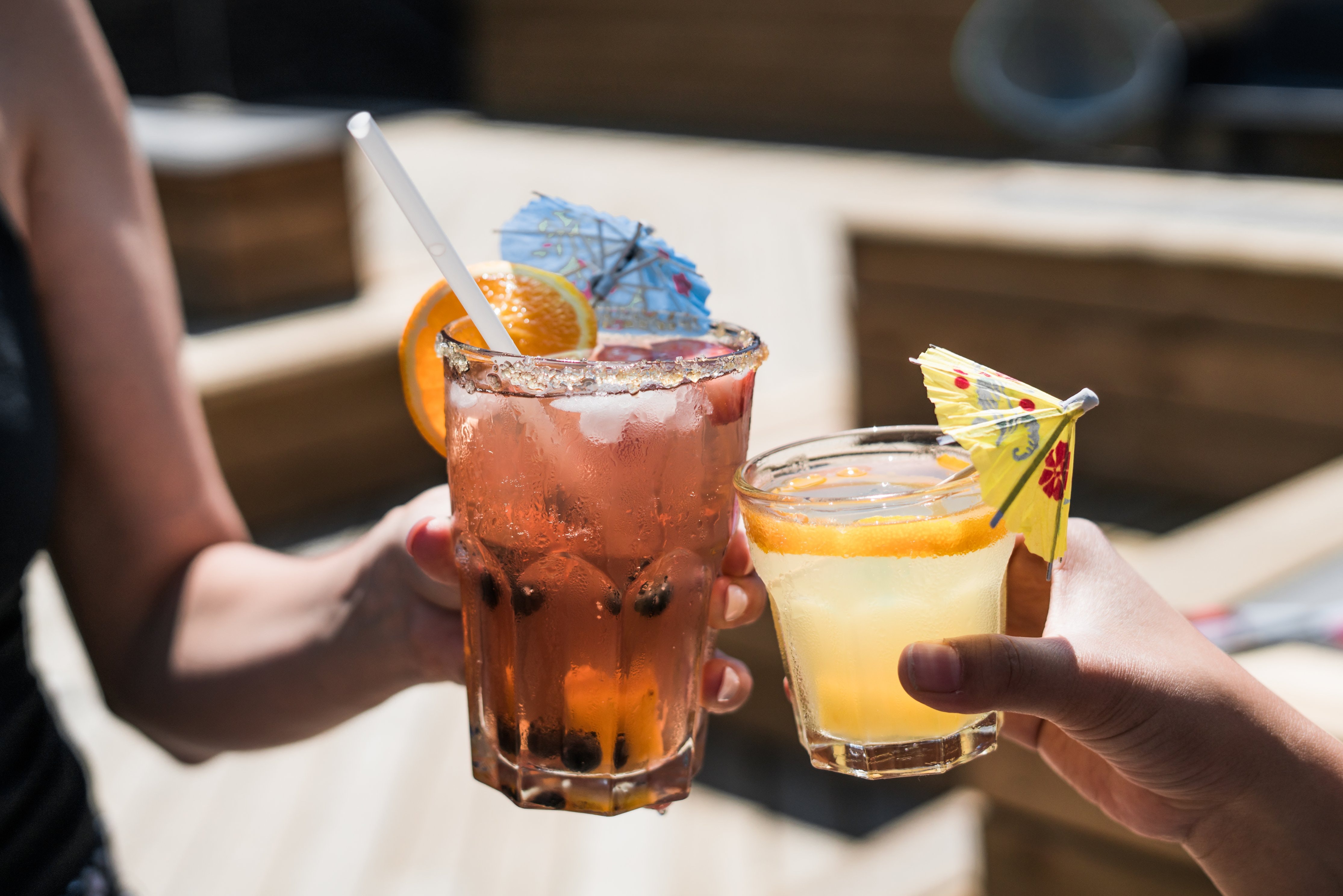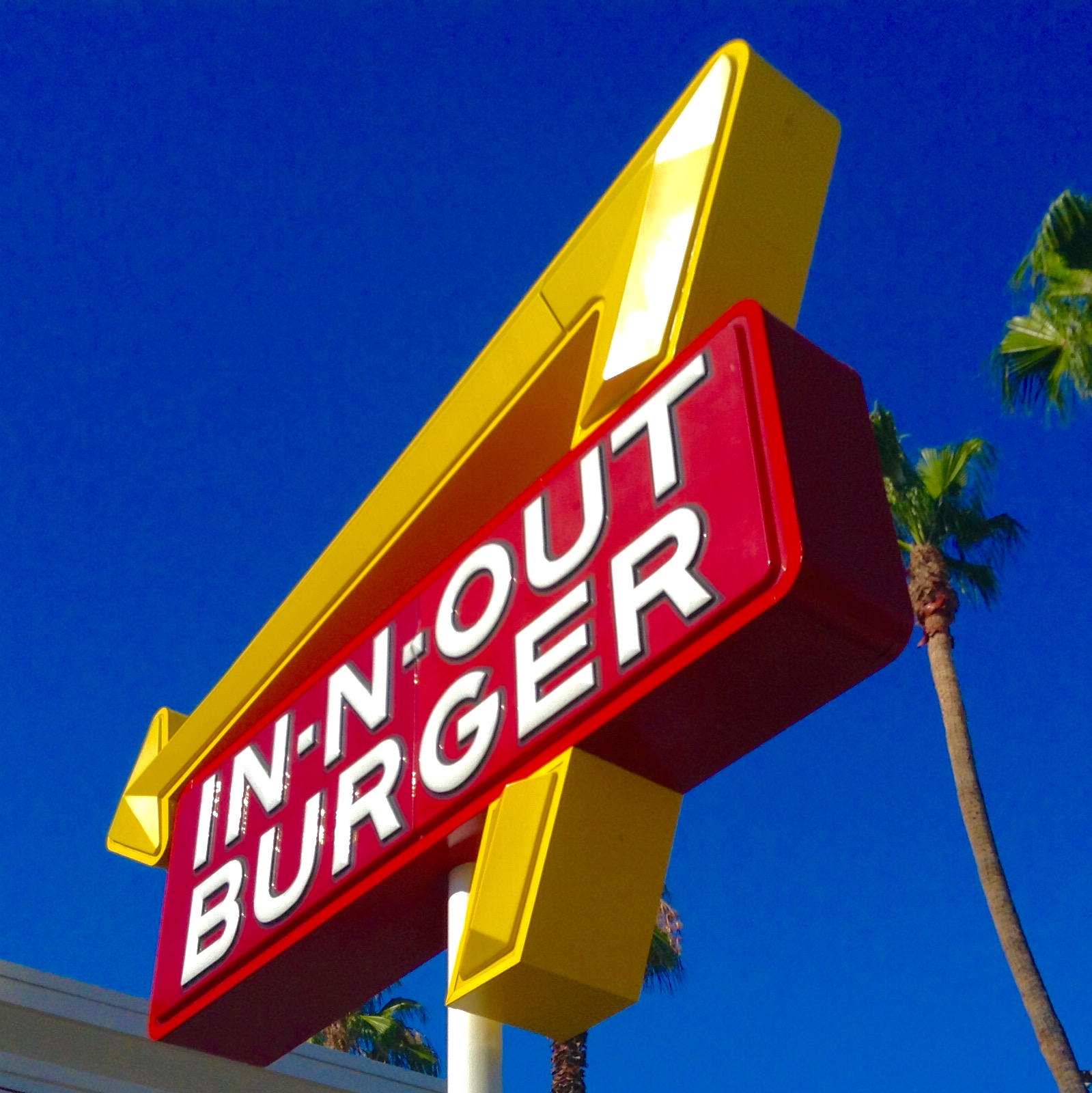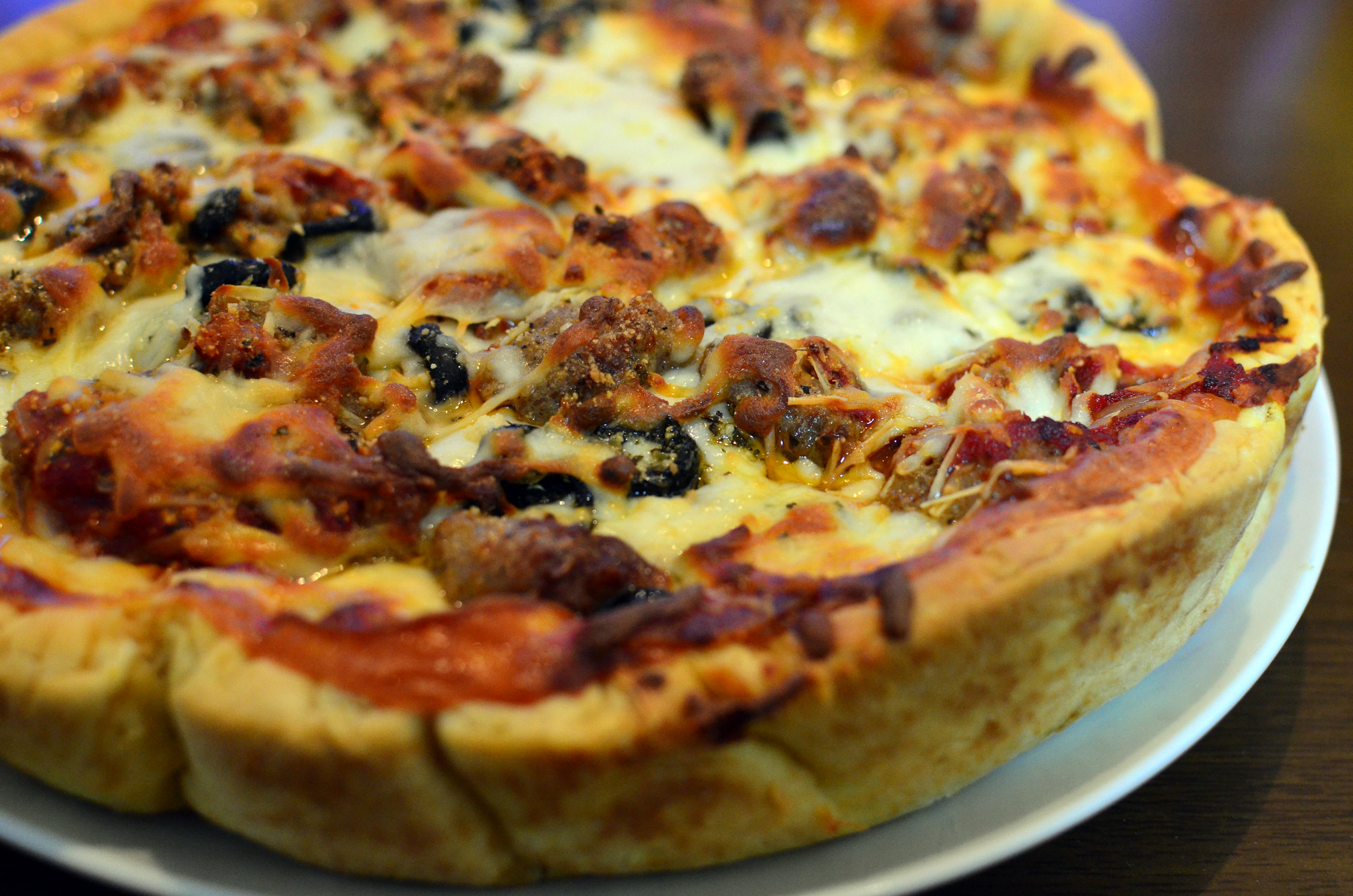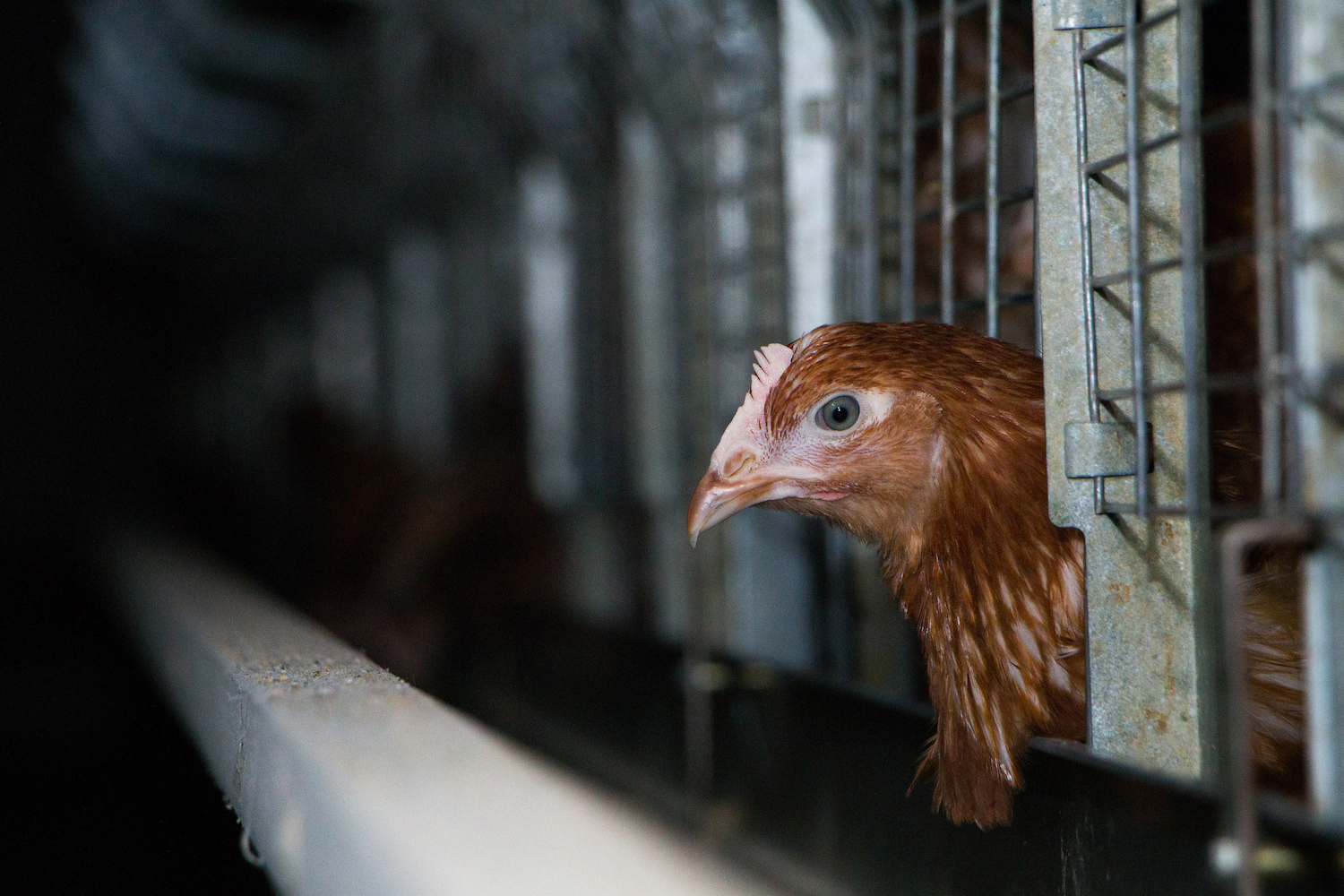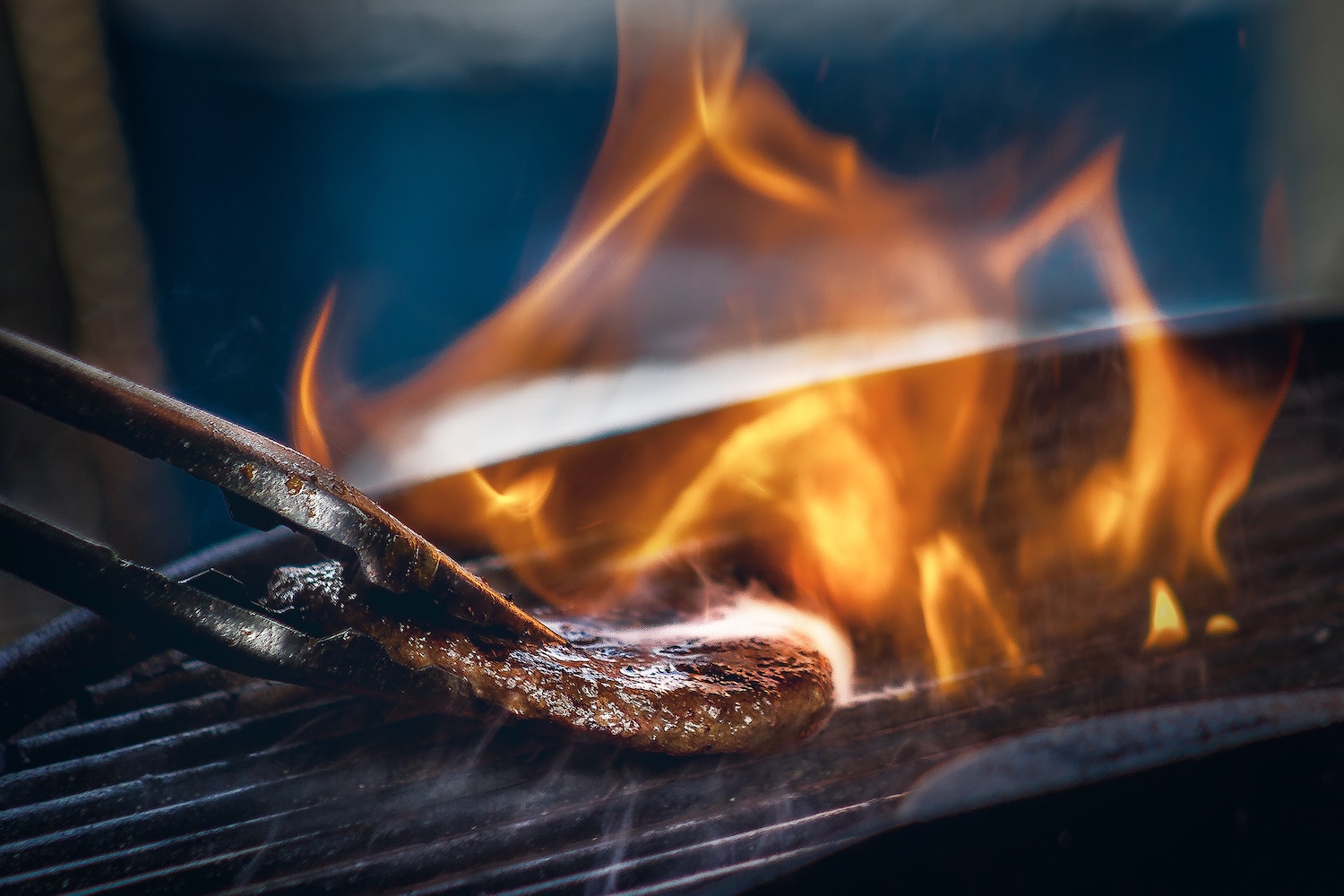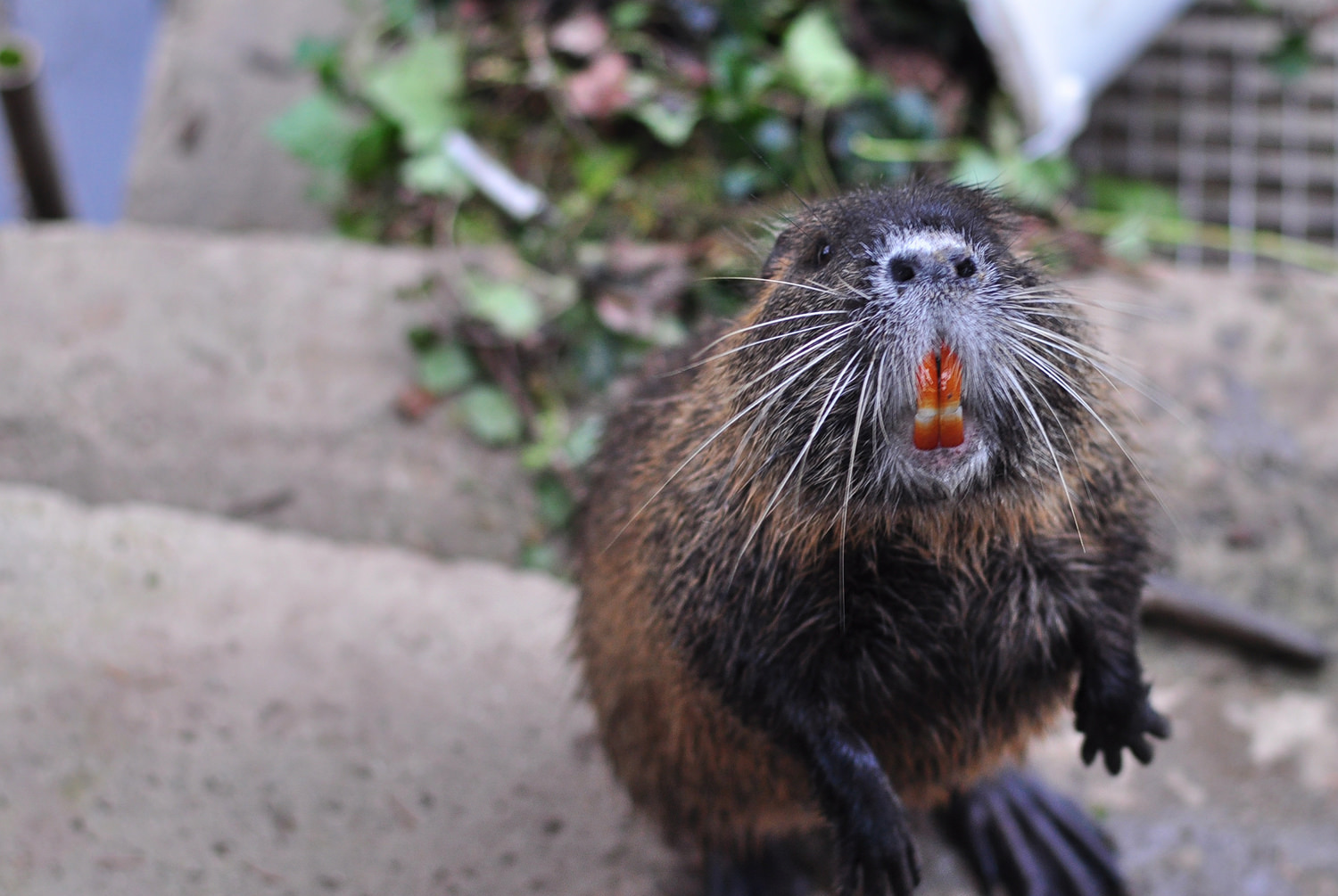
Photo byNadine Primeau
This is the web version of a list we publish twice-weekly in our newsletter. It comprises the most noteworthy food stories of the moment, selected by our editors. Get it first here.
Crows love cheeseburgers. To study the effects of an urban diet on caw-cawing birds, researchers in Clinton, New York, brought McDonald’s burgers to the forests. National Geographic says they ordered a hundred burgers at a time, placed them under nesting trees, and watched the crows absolutely annihilate them. Well, most of them—some delivered burgers to their children. The researchers think the urban diet might actually be good for crows—the McLovin’ birds had better “body condition.” Birds—they’re not just like us.
New York Asparagus Exchange. Under the ticker “VEGN,” a UK-based financial firm called Beyond Investing (no relation to the burger) has introduced an investment fund to the NYSE that will work only with vegan-friendly businesses. And while Tyson would surely like to be included, the fund appears dogmatic. It will also avoid fossil fuel and agrochemical companies, which it says pose risks to wildlife. VegNews has the story.
Let me bang. Binge eating is a genre, an art form, an approach, and its name is mukbang. You’ve seen the videos before: YouTubers inhaling thousands of calories in a single setting, a feat so disgusting and impossible that it’s better to pretend it’s a fantasy. The latest entry in the canon? Mel Magazine says it’s that viral video of the pizzadilla, an outrageously complex, Super Bowl Sunday-style dip that’s been cut up and deep-fried so you can hold it like a slice. For a few of the 10 million Americans who suffer from a binge eating disorder, that video and its brethren brought temporary relief. Why? “It makes your own virtues apparent, because you’re not doing that,” a psychologist explains.
All that glitters. Vocal restaurateurs in India are rallying against the rise of delivery apps, which they claim are choking their profits by charging high commissions and conditioning eaters to expect deep discounts, The New York Times reports. One program called Zomato Gold is reportedly wreaking particular havoc on dining establishments. Here’s how it works: For about $14 (U.S) per month, Gold customers can basically dine two-for-one at 6,000 restaurants across the country, while businesses foot the bill, in hopes the short-term revenue loss will translate into more long-term traffic. Now, the app’s unintended consequences have pushed restaurateurs to launch a #Logout campaign, boycotting apps like these altogether.
Tough it out. Since the death of Anthony Bourdain, the restaurant industry has looked in the mirror. Many cooks suffer from depression, anxiety and substance abuse, and those struggles are exacerbated by the volatile culture of kitchens. The San Francisco Chronicle looks at how one Sacramento chef-owner is dealing with it. In his restaurant, some employees are trained in counseling, and wear purple hand lapels that signal when they’re free to talk. He’s also set up a “mood box,” so workers can slip in pieces of paper show how they’re feeling. Other solutions could be, say, reduced workloads, more professional work environments, and a good insurance plan that covers therapy. But maybe the construction paper will help.
